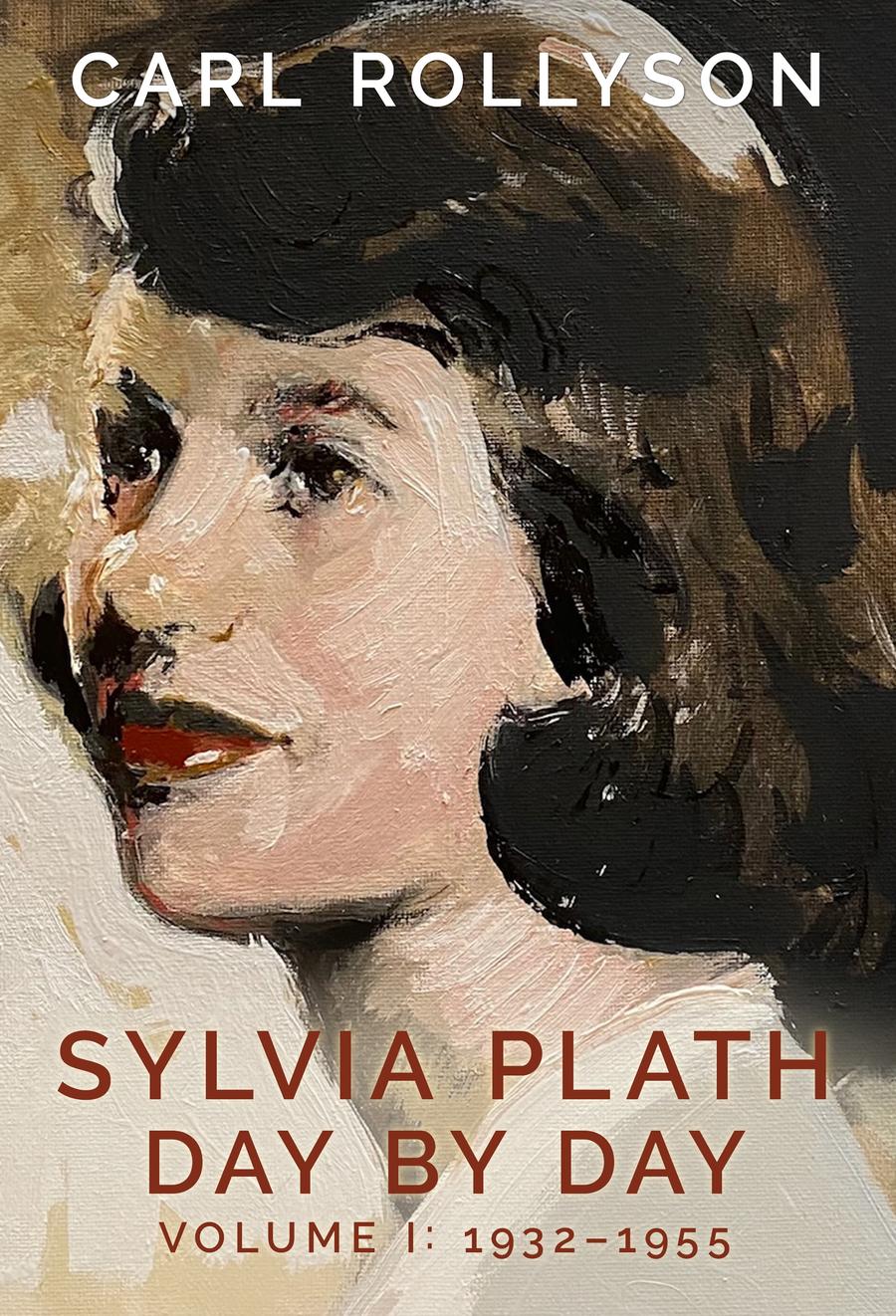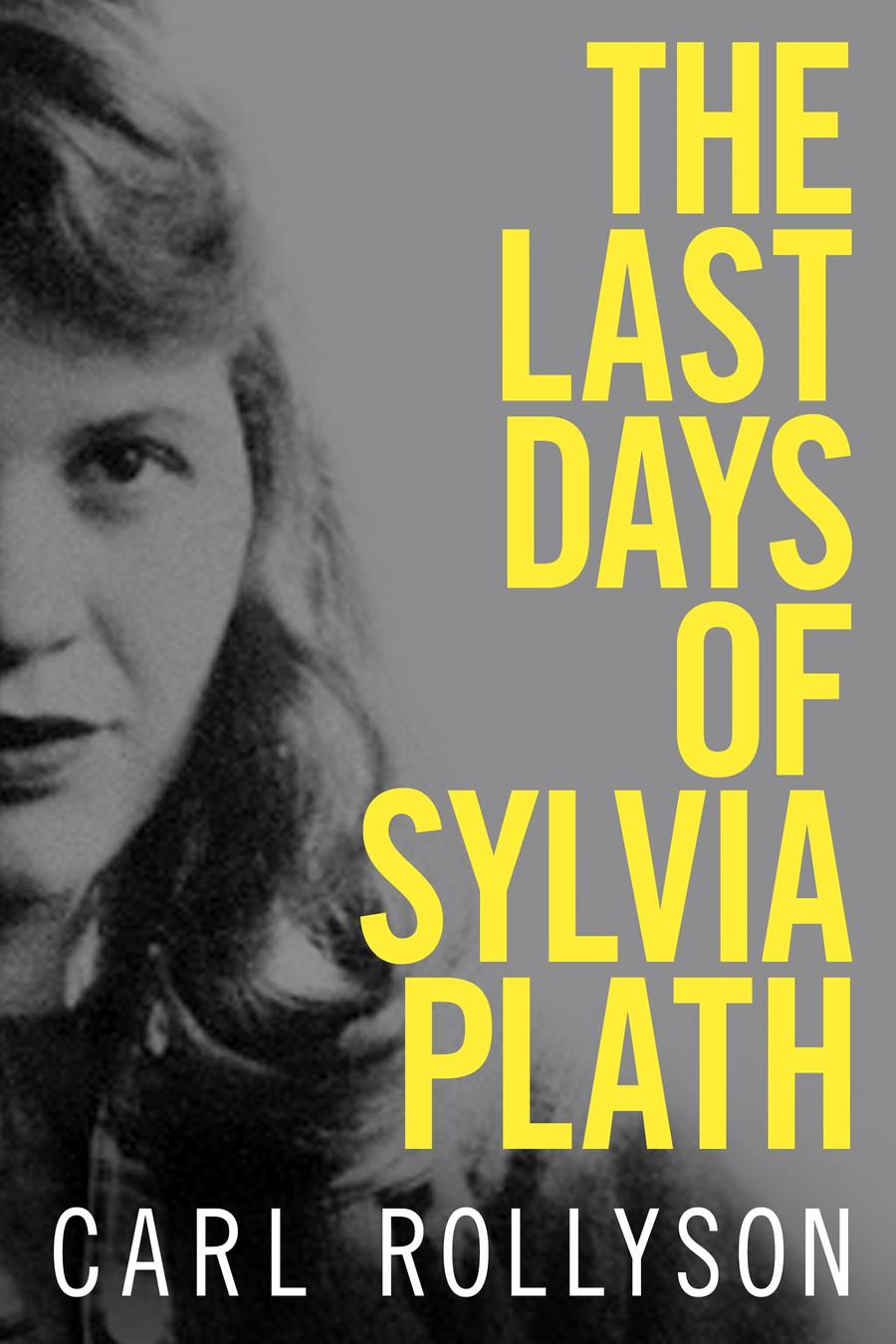
Sylvia Plath is a name that holds significant weight in the realm of literature, captivating the hearts and minds of readers around the globe. Her poetry and novels delve into the complexities of human emotion, often unearthing the raw and painful truths that defined her existence. Plath’s work is not merely a reflection of her life experiences; it is a profound exploration of identity, mental health, and the struggles of womanhood in a patriarchal society. What is it about her writing that resonates so deeply with audiences? To understand this, we must take a closer look at the life of this extraordinary woman, examining her literary contributions, the personal battles she faced, and the enduring impact she has left on the literary world. Through her powerful words, Plath has opened a dialogue about the darker aspects of life, encouraging readers to confront their own emotions and experiences. Her legacy continues to inspire new generations of writers and readers alike, solidifying her place as a pivotal figure in modern literature.
Early Life: A Spark Ignited

Born to Create
Sylvia Plath entered the world on **October 27, 1932**, in the vibrant city of **Boston, Massachusetts**. From an early age, she exhibited an extraordinary gift for writing that set her apart from her peers. Imagine the remarkable achievement of publishing your very first **poem** at the tender age of just eight! This was not merely a childhood whim for Plath; it was the beginning of a lifelong passion. As she continued to hone her craft, she participated in and won numerous literary contests, quickly gaining recognition as a promising young writer with immense potential.
Education: The Path to Smith College
In **1951**, Plath embarked on a new chapter of her life by enrolling at **Smith College** on a prestigious scholarship. This period was marked by both academic excellence and personal turmoil, as she confronted her first significant struggle with **depression**. Her experience serves as a poignant reminder that even the most gifted individuals can face profound mental health challenges. Nevertheless, Plath persevered through her difficulties and graduated with **highest honors** in **1955**, showcasing her resilience and dedication to her craft.
Literary Contests and Early Publications
Even while still in high school, Plath was making waves in the literary world. She achieved a significant milestone by selling her first poem to **The Christian Science Monitor** and her inaugural short story to **Seventeen magazine**. These early accomplishments not only bolstered her confidence but also laid a solid foundation for her future career as a writer, setting the stage for the remarkable body of work she would eventually produce.
Marriage and Personal Struggles

The Union with Ted Hughes
In the year **1956**, Sylvia Plath entered into a marriage with the renowned English poet **Ted Hughes**. Their relationship was characterized by an intense passion that often veered into tumultuous territory, embodying a complex mix of deep love and profound betrayal. Together, they welcomed two children into the world, which added layers of joy and responsibility to their lives. However, their marriage faced significant challenges, particularly when Hughes engaged in an affair in **1962**. This act of betrayal had a devastating impact on Plath, plunging her into a deeper emotional crisis and exacerbating her already fragile mental state.
Struggles with Mental Health
Sylvia Plath’s lifelong struggle with **depression** was a recurring theme that permeated her existence. Her battle with mental health issues became particularly evident after a suicide attempt during her time at Smith College, which led to her being hospitalized for psychiatric treatment. It is profoundly heartbreaking to consider that someone with such immense talent and creativity felt so lost and overwhelmed by her inner demons. These harrowing experiences would later serve as a wellspring of inspiration for her writing, imbuing her work with a raw authenticity that continues to resonate deeply with readers around the world.
Writing as Therapy
For Plath, writing emerged as a vital refuge and a means of coping with her emotional struggles. She channeled her feelings into her poetry, crafting verses that were both hauntingly beautiful and deeply introspective. Her most celebrated works vividly portray her battles with mental health, offering readers a glimpse into her psyche and the turmoil she faced. Through her art, Plath not only found a way to express her pain but also created a lasting legacy that speaks to the complexities of the human experience.
Literary Achievements

The Colossus: A Strong Debut
In **1960**, Sylvia Plath made her mark on the literary scene with the publication of her first poetry collection, **The Colossus**. This debut work was met with a wave of positive reviews, establishing her as a promising new voice in poetry. The collection not only showcased her unique style and profound themes but also served as a significant stepping stone in her literary career. While **The Colossus** was a remarkable introduction to her talents, it was merely the beginning of a much more complex and impactful journey in the world of literature.
The Bell Jar: A Semi-Autobiographical Novel
Three years later, in **1963**, Plath published her only novel, **The Bell Jar**, under the pseudonym **Victoria Lucas**. This semi-autobiographical work delves deeply into the life of a young woman grappling with mental illness and societal expectations. Through the protagonist’s experiences, Plath offers a poignant and often harrowing reflection of her own struggles with depression and identity. The novel not only provides insight into Plath’s personal battles but also resonates with readers who have faced similar challenges, making it a timeless exploration of the human condition.
Posthumous Recognition
Tragically, after Plath’s untimely death in **1963**, her literary legacy began to flourish in ways she could never have anticipated. The posthumous publication of her poetry collection **Ariel** in **1965** brought her work to a wider audience and showcased the depth and intensity of her later poems. This collection played a crucial role in solidifying her reputation as one of America’s most cherished poets. It is remarkable to consider how her voice, which had often been overshadowed during her lifetime, resonated even more powerfully after her passing, captivating readers and inspiring countless writers in the years that followed.
Controversies and Criticism

The Role of Ted Hughes
Following Plath’s death, Ted Hughes became the executor of her estate. His editing practices sparked controversy, especially when he revealed that he had destroyed her last journals. Many critics argue that this act silenced a part of Plath’s voice that deserved to be heard.
Feminist Perspectives
Plath’s work has been analyzed through various lenses, particularly feminist criticism. Her exploration of **female identity** and **alienation** resonates with many women, making her a symbol of the struggle against societal norms.
Legacy in Modern Literature
Today, Plath’s influence is undeniable. Her works are studied in schools and universities worldwide, and her life story continues to inspire countless writers and artists. Isn’t it incredible how her words can still touch hearts decades later?

Sylvia Plath’s life was a tapestry of brilliance and tragedy. Her **poems** and **novels** not only reflect her personal struggles but also speak to universal themes of **identity**, **mental health**, and **feminism**. As we continue to explore her work, we find that her voice remains as powerful today as it was during her lifetime.
Table: Key Facts About Sylvia Plath
| Fact | Details |
|---|---|
| Birth Date | October 27, 1932 |
| Death Date | February 11, 1963 |
| Notable Works | The Bell Jar, Ariel, The Colossus |
| Major Themes | Alienation, Identity, Mental Health |
| Awards | 1982 Pulitzer Prize for Poetry |
In the end, Sylvia Plath’s legacy is a reminder of the power of words. They can heal, provoke thought, and inspire change. So, the next time you read her work, take a moment to appreciate the depth of her experience and the beauty of her expression.

